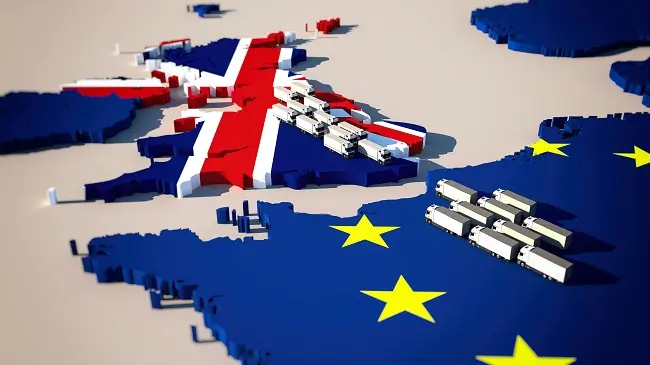UK Coffee Imports
Clear Fr8 Limited is able to assist with Customs clearance for all Coffee imports to the UK, call today for our latest competitive rates.
Coffee has become an integral part of daily life for many people in the United Kingdom. With a growing demand for high-quality coffee beans, the country relies heavily on importing coffee from various coffee-producing regions around the world. This article explores the journey of importing coffee to the UK, highlighting the process, considerations, and the significance of this trade. The first step in importing coffee to the UK is identifying reliable coffee suppliers from coffee-producing countries such as Brazil, Colombia, Ethiopia, Vietnam, and many others. These countries have established reputations for producing different types of coffee beans, each with its unique flavor profiles and characteristics. Importers often establish direct relationships with coffee farmers, cooperatives, or coffee exporters in these regions to ensure the quality and consistency of the coffee beans.
How to import coffee to the UK
Once a supplier is selected, importers negotiate the terms of the trade, including price, quantity, quality standards, and delivery schedules. Contracts and agreements are typically put in place to protect the interests of both parties and ensure a transparent and fair business relationship. Importers may also consider factors such as organic or fair trade certifications, as the demand for ethically sourced and sustainable coffee continues to grow in the UK.
The next crucial consideration in the process is customs and trade regulations. Importing coffee to the UK requires compliance with specific regulations related to food safety, quality control, and labeling requirements. Importers must ensure that the coffee beans meet the standards set by the Food Standards Agency (FSA) and other relevant authorities. Additionally, they need to adhere to labeling regulations, providing accurate information about the origin, roasting date, and other details on the coffee packaging.
Understanding customs duties and taxes is essential when importing coffee to the UK. The country has its own tariff schedule, which determines the import duties applicable to different types of coffee. Importers need to factor in these charges to calculate the landed cost of the coffee beans accurately. Additionally, they should consider any preferential trade agreements or arrangements that may affect the import duties, such as the Generalized System of Preferences (GSP) or bilateral trade agreements.
After the logistics and transportation arrangements are made, the coffee beans are shipped to the UK. Importers need to consider the mode of transport, taking into account factors such as cost, transit time, and the preservation of the coffee's freshness and aroma. Air freight and sea freight are the most common options for transporting coffee beans, with each option offering its own advantages and considerations. Importers also need to handle documentation, including commercial invoices, packing lists, and any other necessary paperwork required by customs authorities.
Upon arrival in the UK, the imported coffee beans go through the customs clearance process. Importers need to submit the relevant documents and declarations to the customs authorities, paying any applicable duties and taxes. Compliance with customs procedures is crucial to avoid delays or penalties. Working with licensed customs brokers or freight forwarders can help navigate the intricacies of the customs clearance process smoothly.
Importing coffee to the UK plays a significant role in satisfying the nation's love for coffee. It allows coffee businesses to offer a wide variety of coffee beans, catering to different tastes and preferences. The diverse range of imported coffee beans enhances the coffee culture in the UK, providing options ranging from single-origin specialty coffees to blends suitable for espresso or filter brewing methods.
Furthermore, importing coffee fosters global trade and supports coffee-producing communities around the world. It creates economic opportunities and encourages sustainable farming practices. By importing coffee, the UK contributes to the livelihoods of coffee farmers, cooperatives, and exporters, enabling them to invest in their communities and improve the quality of their coffee production.
Importing coffee to the UK involves a series of steps, from sourcing suppliers to customs clearance. Importers must consider factors such as quality control & various other important factors.
- coffee beans
DOCUMENT REQUIREMENTS
- Certificate of Origin
- Packing List
- Bill of lading
- Commercial Invoice
- Customs Clearance







